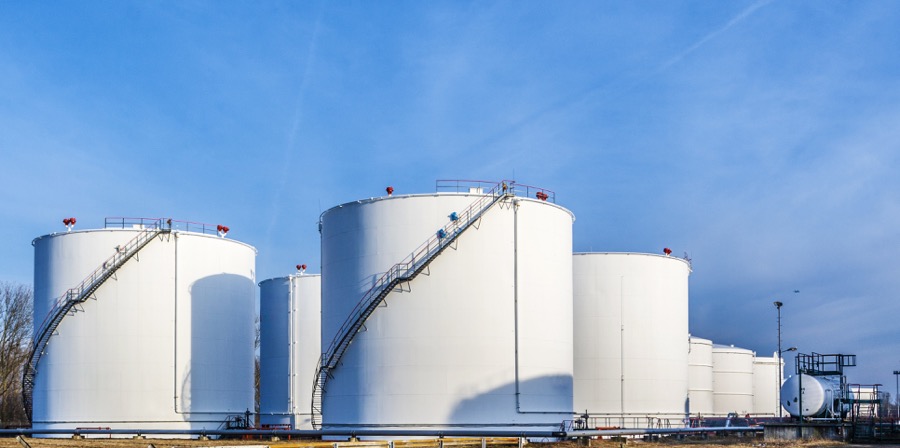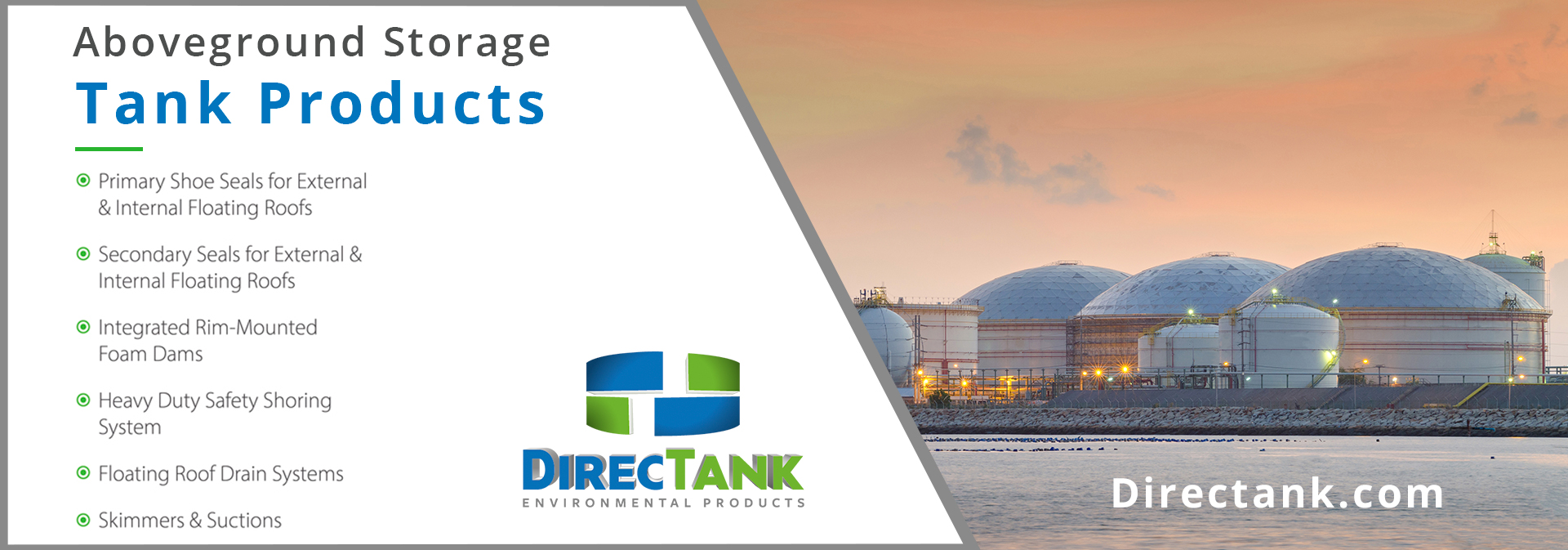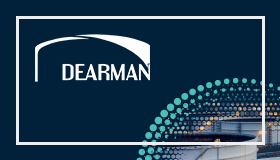Air Liquide, Chevron, Keppel Infrastructure and PetroChina have signed a Memorandum of Understanding to form a consortium which will aim to evaluate and advance the development of large-scale carbon capture, utilization and sequestration (CCUS) solutions and integrated infrastructure in Singapore.
The consortium intends to research, test and develop technological, logistical and operational solutions for CCUS in Singapore. In doing so, the consortium will look to provide industry wide CCUS integrated infrastructure, primarily to support the energy and chemicals sector, by capturing and aggregating carbon dioxide (CO2) from large industrial emitters at a centralized collection facility.

The CO2 could then be utilized to make useful products, such as plastics, fuels, and cement, and/or transported using either pipelines or ships to suitable reservoirs in the Asia Pacific region for sequestration via a process of injecting CO2 into deep underground geologic formations for permanent and secure storage.
Michele Gritti, vice president of large industries and energy transition at Air Liquide SEA Cluster, said: “Supporting the decarbonization of industry to help address the urgency of climate change is a priority.
“We are pleased to collaborate with Keppel Infrastructure, Chevron, and PetroChina in this decarbonization endeavor, leveraging our expertise and experience in carbon capture, purification, and liquefaction to build a comprehensive carbon capture decarbonization solution. In line with its Climate Objectives, Air Liquide is committed to supporting Singapore’s drive to achieve net-zero by 2050.”
Chris Powers, vice president of CCUS at Chevron New Energies, said: “Chevron believes the future of energy is lower carbon, and we are committed to advancing technologies and forming strategic relationships to make it happen. We look forward to working with like-minded collaborators to progress and advance the development of large-scale CCUS solutions in the Asia Pacific region for decades to come.”
Chua Yong Hwee, executive director (New Energy) at Keppel Infrastructure, said: “Hard-to-abate sectors need to leverage technology and innovation to transit towards net zero CO2 emissions. Keppel Infrastructure is well-positioned to support efforts to decarbonize key sectors, given our experience as a leading developer, technology solutions provider and operator of energy and environmental infrastructure in Singapore and the region.
“In line with Keppel’s Vision, 2030, which places sustainability at the core of its strategy, our collaboration with Air Liquide, Chevron and PetroChina will enable us to take another step towards addressing Singapore’s needs for a low carbon economy.”
Li Shaolin, managing director of PetroChina International (Singapore), said: “There are various pathways to decarbonization, and CCUS has been identified as a strategic pathway to be thoroughly evaluated and developed. PetroChina is pleased to be part of this consortium with Air Liquide, Keppel Infrastructure and Chevron – a partnership that will leverage one another’s strengths, capabilities and respective ecosystems towards the advancement of large-scale CCUS solutions in Singapore.
“Participating in this initiative is our commitment to ensure harmony between the development of the energy industry and the environment, as we endeavor to make meaningful contributions towards Singapore’s goal of achieving Net Zero.”
For more information visit www.chevron.com
















